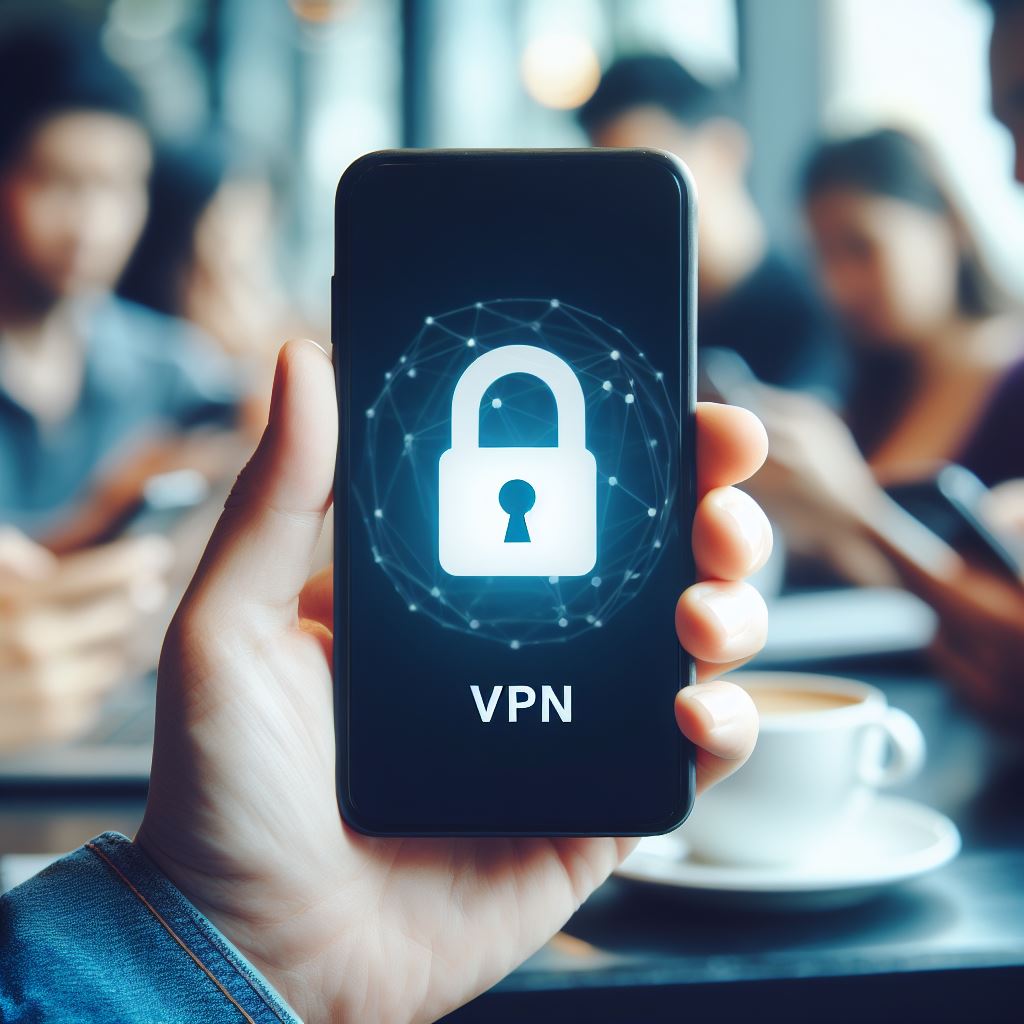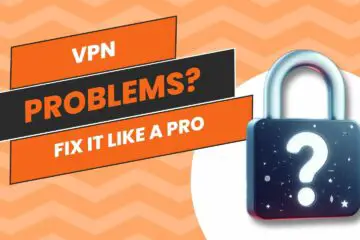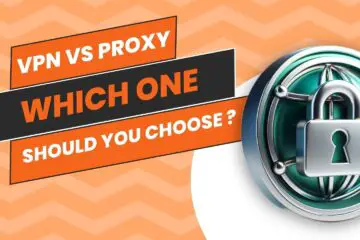Free VPNs vs Paid VPNs: Which One Should You Choose in 2023?

A VPN, or virtual private network, is a service that allows you to connect to the internet through a secure and encrypted tunnel. A VPN can protect your online privacy, bypass censorship, and access geo-restricted content. However, not all VPNs are created equal. Some VPNs may compromise your security, collect your data, or limit your bandwidth. That’s why it’s important to choose a reliable and trustworthy VPN service.
But what if you don’t want to pay for a VPN? Are there any free VPNs that can offer you a good level of protection and performance? The answer is yes, but with some caveats. In this blog post, we will compare the pros and cons of the most popular free VPN services, and how they stack up against the paid ones.
The pros of free VPNs
The main advantage of using a free VPN is obvious: you don’t have to pay anything. This can be appealing if you only need a VPN for occasional or light use, such as browsing the web, checking your email, or watching a video. A free VPN can also help you test the waters before committing to a paid subscription.
Another benefit of free VPNs is that they are easy to use. Most of them have user-friendly apps that you can download and install on your device in minutes. You don’t need to configure any settings or enter any credentials. You just have to choose a server location and click connect.
Some free VPNs also offer decent features, such as multiple server locations, encryption protocols, kill switches, and leak protection. These features can enhance your online security and privacy, as well as improve your connection speed and stability.
The cons of free VPNs
Despite their advantages, free VPNs also have some drawbacks that you should be aware of. The most common ones are:
- Limited data and bandwidth: Most free VPNs impose a cap on how much data you can use per month or per day. This means that you may run out of data quickly if you stream videos, download files, or play games online. Some free VPNs also throttle your bandwidth, which can result in slow and unstable connections.
- Fewer server options: Free VPNs usually have fewer servers than paid ones, and they are often overcrowded with users. This can affect your connection speed and quality, as well as your ability to access geo-restricted content. You may also encounter long waiting times or queues to connect to a server.
- Ads and pop-ups: Some free VPNs make money by displaying ads and pop-ups on your browser or app. These ads can be annoying and intrusive, and they can also slow down your device and consume your data. Moreover, some ads may contain malware or phishing links that can harm your device or compromise your security.
- Logging and tracking: Some free VPNs may collect and sell your personal data, such as your IP address, browsing history, location, device information, and online activity. They may also inject cookies or trackers into your browser or app to monitor your behavior and preferences. This can violate your privacy and expose you to targeted ads, spam emails, or identity theft.
- Poor security: Some free VPNs may use weak or outdated encryption protocols, or none at all. This can make your data vulnerable to hackers, ISPs, governments, or other third parties who can intercept and decrypt your traffic. Some free VPNs may also leak your IP address or DNS requests, which can reveal your identity and location.
How do free VPNs compare to paid ones?
As you can see, free VPNs have some benefits but also some risks. If you value your online security and privacy, you may want to consider using a paid VPN instead. Paid VPNs offer several advantages over free ones, such as:
- Unlimited data and bandwidth: Paid VPNs do not limit how much data you can use or how fast you can connect. You can enjoy unlimited streaming, downloading, gaming, and browsing without any interruptions or slowdowns.
- More server options: Paid VPNs have more servers in more countries than free ones. This gives you more choices and flexibility to access any content you want from anywhere in the world. You can also switch servers as often as you like without any restrictions or queues.
- No ads or pop-ups: Paid VPNs do not display any ads or pop-ups on your browser or app. You can surf the web without any distractions or annoyances. You can also save your data and battery life by avoiding unwanted ads.
- No logging or tracking: Paid VPNs respect your privacy and do not collect or sell your personal data. They use strict no-log policies that prevent them from storing any information about your IP address, browsing history, location, device information, or online activity. They also use advanced encryption protocols, kill switches, leak protection, and other features to secure your data and prevent any leaks.
- Better security: Paid VPNs use the latest and strongest encryption protocols to protect your data from hackers, ISPs, governments, or other third parties. They also update their software and servers regularly to fix any bugs or vulnerabilities. They also offer customer support and money-back guarantees in case you encounter any issues or problems.
Conclusion
Free VPNs can be a good option if you only need a VPN for occasional or light use, and you don’t mind the limitations and risks involved. However, if you want to enjoy the full benefits of a VPN, such as unlimited data and bandwidth, more server options, no ads or pop-ups, no logging or tracking, and better security, you may want to invest in a paid VPN instead. A paid VPN can offer you a more reliable, fast, and secure online experience, as well as more peace of mind.



